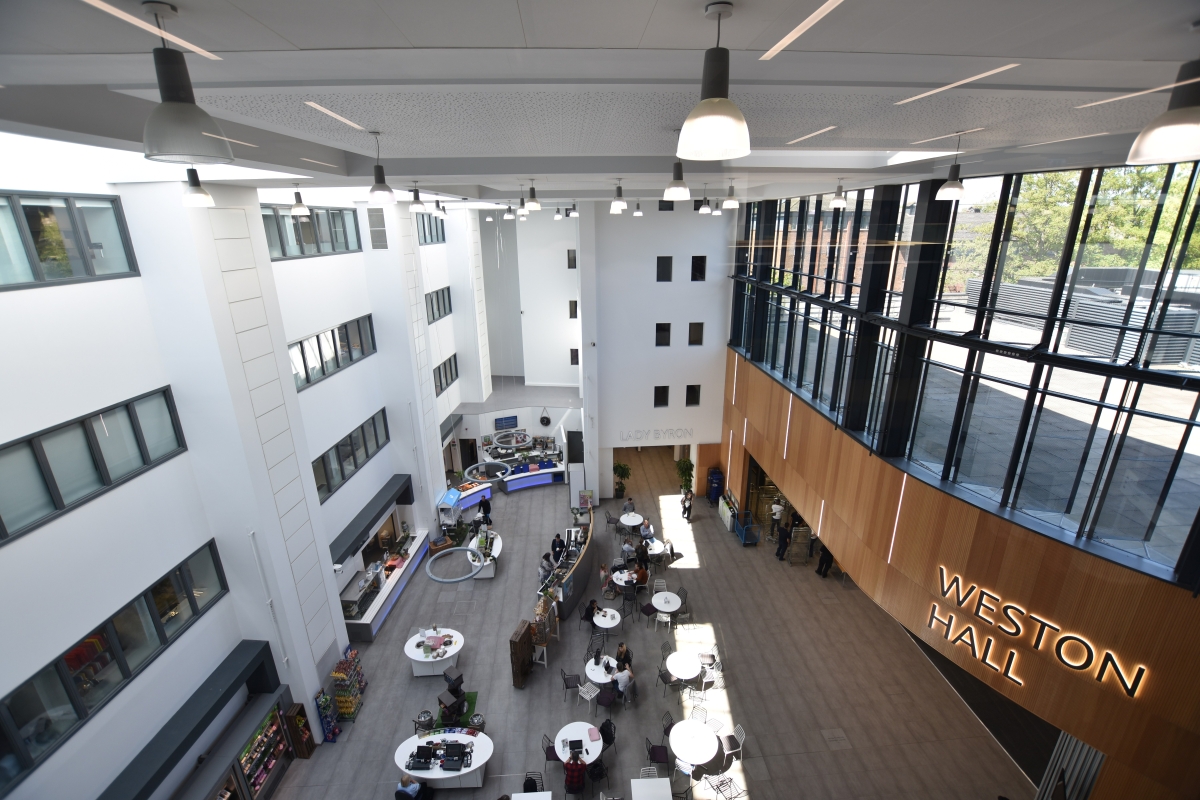Student transport survey shines light on impact of travel costs

A National Union of Students (NUS) survey of more than 3,500 students has revealed the debilitating impact the cost of travel has on many students.
- 20% have missed classes due to travel costs.
- 35% have cut down on extracurricular activities; 35% have missed seeing family and 32% have skipped a meal due to travel costs.
This impact is unsurprising when 46% report that the cost of travel takes up a quarter of their weekly budget. And students are concerned with the strain such a financial burden has on them.
- 52% expressed concerns about the cost-of-living and its impact on transport costs.
- While 24% are very concerned about the same issue.
As with the cost-of-living crisis, it is the most vulnerable who suffer the most with disabled students especially feeling the effect of high fares and unreliable services.
- Disabled students are more likely to drive to their place of study, with 16% saying this is because public transport is inaccessible for them.
The report makes a series of recommendations on making public transport more affordable, accessible and available for students:
- Address socioeconomic disparities through free student transport
- Prioritise accessibility and inclusion
- Consider geographic and urban-rural disparities
- Mitigate gender inequalities
- Political commitment to free student transport
- Engage students’ unions and democratise policy
The survey results were published on the same day that NUS Scotland released its own research calling for half price bus and rail fares for all students and apprentices in Scotland. Under-22s in Scotland are already eligible for free public transport, but the research finds that 311,000 students in Scotland are not eligible.
Bernie Savage, NUS VP for Further Education, said:
“This survey brings into focus the impact the high cost of transport has on students. FE students can feel this particularly keenly, because as revealed by a previous NUS cost-of-living survey, two thirds of FE students do not have a student loan, bursary or grant, and those who do say it is insufficient to cover their bills.
“The high cost of travel has a hugely isolating effect on students and they are suffering as a result. Loneliness and hunger are robbing them of their quality of life, endangering their chances of fulfilling their potential, and risks depriving society of the teachers, nurses and key workers of tomorrow.
“This can’t go on and things must improve. The demand for free transport for students is resounding and we must make sure politicians listen. And together, we can do this. We can turn up the dial on student voices.”











Responses